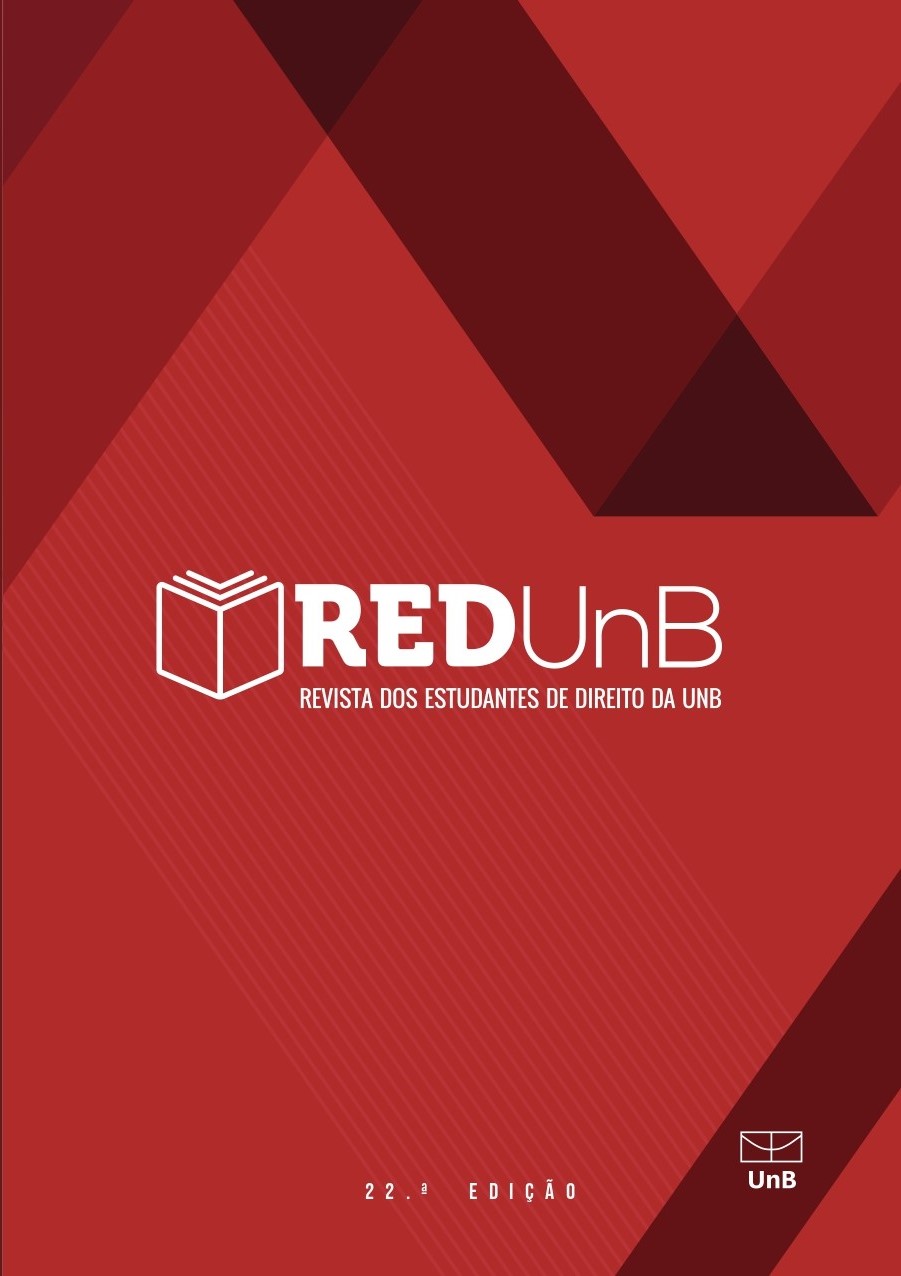BEING RIGHT ABOUT THE LAW ISN’T ENOUGH, AND MAY NOT EVEN BE RELEVANT:
IT’S YOUR INFLUENCING AND NEGOTIATION SKILLS THAT MAKE THE REAL DIFFERENCE
Resumo
Whereas imparting knowledge of the law and its application remains at the heart of legal education, the emergence of Artificial Intelligence technologies is creating a shift in client needs from their lawyers, with a far grater emphasis being placed on their abilities to make best use of the information they hold, particularly in the way that they deploy influencing and negotiation skills to advance their clients’ interests. All too often, however, negotiation training courses and textbooks are little more than a series of anecdotes and situational advice. This article seeks to redress the balance by outlining both a mindset and a structure upon which any negotiation might be based. It promotes the value of curiosity, rapport-building and carefully calibrated questioning, rather than tough guy hardball demands, and it provides a five-phase model that gives a structure to a negotiation that highlights the important steps in the process and provides a foundation upon which negotiator can build their practice and skills.
Downloads
Referências
CAR AND DRIVER. 2022 Ferrari 296GTB. https://www.caranddriver.com/ferrari/296-gtb.
CHAMOUN-NICOLAS, H; LINZOAIN, P. Deal – Guidelines for a flawless negotiation. Kingwood, Texas: Keynegotiations LLC, 2004. ISBN 978-0-97-283172-7.
ELLIOTT B., ELLIOTT, W. The work of an advocate: a practical treatise, Bobbs Merrill Company (2nd edition), 1911, p. 390 ISBN 978-1-34-536197-1.
FISHER, R.; URY, W.; PATTON, B. Getting to Yes: Negotiating Agreement Without Giving In (2nd ed). New York: Penguin Books, 1981 ISBN 978-1-84-413146-4.
HILL, A. Negotiation is tough and should be left to professionals: Haggling over detail requires experience, humility and boundless patience. Financial Times. 20 January 2020.
KELOHARJU, M.; HUKKANEN, P. Initial offer precision and M&A outcomes. Harvard Business School Working Paper. No 16-058, 2015.
KILMANN DIAGNOSTICS. An Overview of the TKI Assessment Tool. www.kilmanndiagnostics.com/overview-thomas-kilmann-conflict-mode-instrument-tki.
LANCELEY, F. On-Scene Guide for Crisis Negotiators. Boca Raton: Florida. CRC Press LLC, 2003. ISBN 978-0-84-931441-4.
LEONARDELLI, G.J.; GU, Jun.; et al. Multiple equivalent simultaneous offers (MESOs) reduce the negotiator dilemma: How a choice of first offers increases economic and relational outcomes. Organizational Behavior and Human Decision Processes. Vol. 152. pp. 64-83, 2019.
MALHOTRA, D,; Bazerman, M. Negotiation genius: How to overcome obstacles and achieve brilliant results at the bargaining table and beyond New York: BantamDell. 2007, pp. 83-102. ISBN 978-0-55-380488-1.
NAVARRETTE, R., Pounding the table about border episode, Fort Worth Star-Telegram, Fort Worth, Texas, Page E3, Section: Weekly Review, March 4, 2007.
PROGRAM ON NEGOTIATION, HARVARD LAW SCHOOL. A Negotiation Preparation Checklist. https://www.pon.harvard.edu/daily/negotiation-skills-daily/negotiation-preparation-checklist/
_____________________________________________________. The First 180 – Prof. Brian Mandell. https://www.youtube.com/watch?v=2tC8VTc7pps.
SHAPIRO, R. The Power of Nice – How to negotiate so that everyone wins – especially you. Hoboken, New Jersey: John Wiley & Sons, 2015. p. 47. ISBN 978-1-11-896962-5.
VOSS, C. Never Split the Difference: Negotiating As If Your Life Depended On It. New York: HarperCollins, 2016, p.150 ISBN 978-0-06-240780-1.
WILLIS, J.; TODOROV, A. First impressions: Making up your mind after a 10-Ms exposure to a face. Psychological Science 17(7) p. 592-598, 2006.


